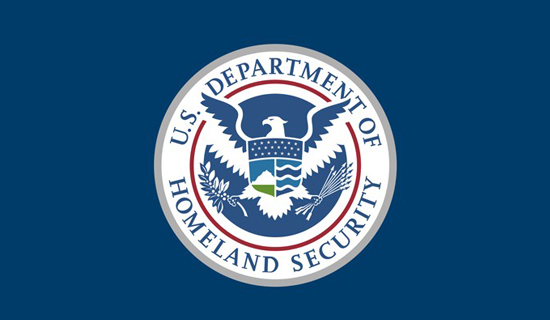
USCIS Announces New Requirement for Changing Regional Center’s Geographic Area
By Omar Hakim, Esq.
During the EB-5 Immigrant Investor Stakeholder Engagement (the “Engagement”) on March 3, 2017, USCIS announced a policy change to the process for expanding the geographic scope of a Regional Center. As per USCIS’ May 2013 Policy Memo, previously it was not necessary for a regional center to file an amendment via Form I-924 (“Application for Regional Center Designation”) and have it approved before an alien petitioner could file an I-526 that was outside of a regional center’s stated domain. A Regional Center could file an amendment via Form I-924 to expand its geographic scope if it wanted to, but it could also choose to simply request expansion of the geographic scope via documentation filed with investors’ I-526 forms.
This policy was quietly changed on December 23, 2016 when USCIS released the new edition of Form I-924. In the form’s new instructions, it states that a regional center “must” file an amendment if it wishes to expand its geographic scope. Today, during the stakeholder’s engagement, USCIS announced that this change to the form’s instructions will have major policy implications.
Per USCIS’s new policy interpretation announced at the Engagement, in order for a regional center to expand its geographic scope, it will need to file an amendment via Form I-924 and wait for its approval before investor’s can file new I-526 petition for a project in the expanded geographic area. Petitions filed before the amendment is approved will be denied as USCIS will deem them to not “be approvable at the time of filing.”
To be clear, this is a policy change chosen by USCIS as the change in instructions does not necessitate such a strict interpretation. For example, USCIS could permit I-526s to be filed after an amendment is filed but before it is approved.
This policy change could have devastating effects on projects given USCIS’s long processing times. One attorney at the Engagement angrily stated that he had been waiting for over 14 months for USCIS to approve an amendment requesting expanded geographic scope. This new interpretation will add significant delay to the process that will make many projects unworkable. We hope that the comments at today’s Engagement will cause USCIS to reconsider the way that they are rolling out this change.
About the Author:
Omar Hakim, Esq. is an attorney at Mona Shah & Associates in New York City. The firm is an established source for EB-5, assisting numerous Regional Centers/EB-5 Projects and Investors in navigating this complex, nuanced and constantly changing area of immigration law. Omar offers clients years of experience in corporate finance, the financial regulatory system, securities matters and in general corporate governance matters. Additionally, he is able to draw on his experiences at major federal regulatory agencies and bodies, which includes work at the SEC, the United States House of Representatives Committee on Financial Services, and the CFTC. He earned his J.D. at the University of Virginia; his Master of Laws in Securities and Financial Regulation at the Georgetown University Law Center; and his B.A. in Economics at Georgetown University.



